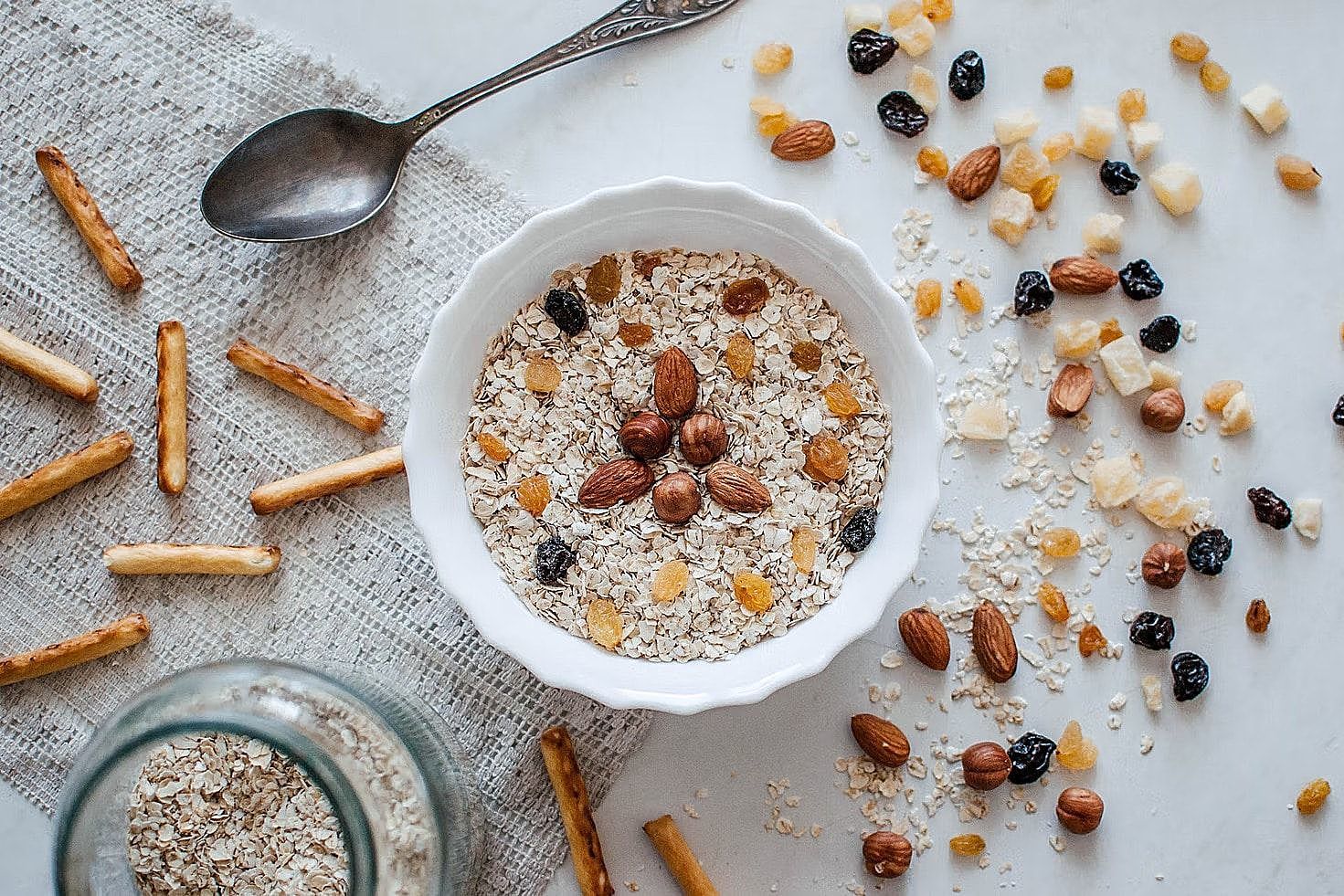Seven Ways to Improve Gut Health
Gut health refers to the condition of the microbial flora in the body that is involved in digestion. The microbial flora, or microbiome, consists of trillions of bacteria that not only help process food but also influence overall health and even emotional well-being. If your microbiome is not in good shape, you will likely notice it quite quickly.
Some common everyday symptoms of an unhealthy gut include:
- Diarrhea, loose stools, or constipation
- Gas and bloating
- Abdominal pain or discomfort
There are also indirect symptoms:
- Sleep issues
- Skin inflammation (acne)
- Hormonal imbalance
- Emotional imbalance
- Weakened immune system
As you can see, an unhealthy gut can have a wide range of effects on well-being. Here are seven ways to improve your microbial flora and gut health. All of these are based on recommendations from nutritionists.
1. Consume an Adequate Amount of Fiber
Fiber serves as fuel for the healthy bacteria in the gut. In turn, these bacteria produce compounds, including vitamins and fatty acids, that are beneficial for health.
The easiest way to incorporate more fiber into your diet is to eat whole grain bread, brown rice, and oatmeal.

2. Eat More Fermented Foods
During fermentation, foods are partially broken down by bacteria, changing their state—for example, milk is transformed into yogurt.
Some fermented foods are broken down by bacteria that are also considered probiotics—'good' bacteria that live in a healthy gut. Therefore, probiotic-rich foods are beneficial.
Include in your diet:
- Probiotic yogurt
- Sauerkraut
- Kimchi
- Kefir
- Kombucha
3. Avoid Dehydration
Drinking enough water has many health benefits, from maintaining skin health to improving brain function. The amount of water you consume also affects your microbiome.
One simple way to ensure you are drinking enough water is to carry a reusable water bottle. Having a source of water on hand helps make drinking throughout the day a regular habit.
A little tip: You can set an alarm on your phone to remind you every hour to drink some water or another low-sugar beverage.

4. Relax and Manage Stress
High levels of stress can negatively impact gut health. A typical example is irritable bowel syndrome (IBS), where stress can be a major trigger for symptom flare-ups.
5. Exercise Regularly
Physical activity increases blood flow to the muscles responsible for peristalsis—the contractions of the intestines that move food through the digestive system. Additionally, exercise promotes deeper sleep, which is important since the gut's activity slows down at night and needs rest just like other organs.
6. Chew Your Food Thoroughly
Slow and mindful chewing of food positively affects gut health.
The digestion process begins in the mouth. If you rush through meals, your body may find it difficult to properly digest food. Help your gut by chewing your food slowly and consciously.
7. Diversify Your Diet
The more varied the foods in your diet, the healthier your gut microbiome will be. This ensures that you receive different types of fiber and micronutrients.
Ideally, aim to eat 30 different plant-based foods each week.